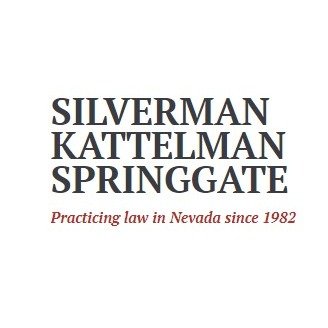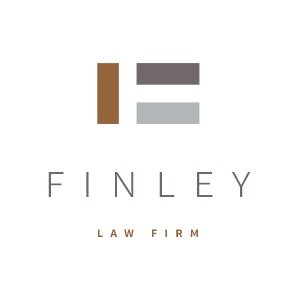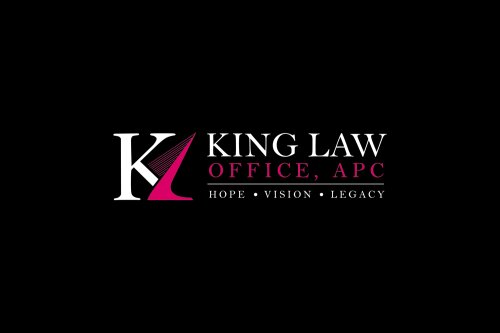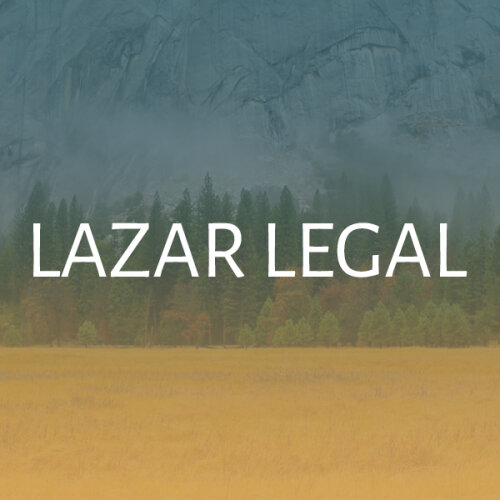Best Elder Abuse Law Lawyers in United States
Share your needs with us, get contacted by law firms.
Free. Takes 2 min.
Or refine your search by selecting a city:
List of the best lawyers in United States
About Elder Abuse Law in the United States
Elder abuse law in the United States is designed to protect seniors from abuse, neglect, and exploitation. These laws address various forms of maltreatment, including physical, emotional, sexual abuse, financial exploitation, and neglect. The legal framework aims to ensure the safety and well-being of elderly individuals while holding perpetrators accountable. Each state may have its own specific laws and regulations, but federal statutes also exist to provide overarching protections.
Why You May Need a Lawyer
Elder abuse cases can be complex, involving multiple areas of law such as criminal law, family law, and civil litigation. You may need a lawyer if:
- You suspect an elderly loved one is being abused or neglected.
- You are an elder facing abuse and need to explore your legal options.
- You are a caregiver accused of elder abuse and need legal defense.
- You need assistance with financial exploitation cases involving bank accounts, estates, or other assets.
- You require help in navigating the legal system to obtain protective orders or address guardianship issues.
Local Laws Overview
While federal laws provide a general framework, local laws define specific protection measures and procedures for reporting elder abuse. Key aspects include:
- Mandatory reporting laws require certain professionals to report suspected abuse.
- Adult Protective Services (APS) programs exist in each state to investigate and respond to abuse reports.
- Each state has different statutes defining what constitutes elder abuse, the penalties involved, and the rights of victims.
- Some states have enhanced penalties for crimes against the elderly.
Frequently Asked Questions
What constitutes elder abuse?
Elder abuse can include physical abuse, emotional abuse, sexual abuse, financial exploitation, neglect, or abandonment.
How can I report suspected elder abuse?
Suspected elder abuse can be reported to Adult Protective Services (APS) in your state, local law enforcement, or through hotlines operated by various government agencies.
What should I do if I suspect financial exploitation of an elder?
Document any suspicious activity, report it to the local APS office, and consider speaking with a lawyer who specializes in elder abuse or financial crimes.
Are there legal protections for whistleblowers who report elder abuse?
Yes, many states provide legal protections for those who report elder abuse in good faith to protect them from retaliation.
What is the role of Adult Protective Services?
APS investigates reports of elder abuse, provides services to victims, and works with law enforcement to ensure the safety and well-being of at-risk adults.
Can elder abuse occur in nursing homes?
Yes, elder abuse can occur in nursing homes and other care facilities. It's important to monitor for signs of abuse in such environments.
What legal actions can be taken if elder abuse is confirmed?
Legal actions can include pursuing criminal charges, obtaining restraining orders, or filing civil lawsuits for damages.
How is elder abuse proven in court?
Evidence gathering, such as medical records, witness testimonies, financial statements, and expert testimonies, is crucial in proving elder abuse.
What are the potential penalties for committing elder abuse?
Penalties can include fines, imprisonment, and restitution, with potential for enhanced sentences if the victim is an elderly person.
Do lawyers work on elder abuse cases on a contingency basis?
Some attorneys may work on a contingency basis, especially if financial exploitation is involved, but it's best to confirm fee arrangements directly with the lawyer.
Additional Resources
For further assistance, consider reaching out to:
- Your local Adult Protective Services (APS) office
- The National Center on Elder Abuse (NCEA)
- The Eldercare Locator, a public service of the U.S. Administration on Aging
- Legal Services Corporation for free or low-cost legal aid
- The American Bar Association's Commission on Law and Aging
Next Steps
If you need legal assistance in elder abuse law, consider the following steps:
- Document all evidence of suspected abuse, neglect, or exploitation.
- Contact local authorities or APS if immediate danger is present.
- Consult with a lawyer who specializes in elder law to understand your legal rights and options.
- Ensure any contracts with legal representatives are clearly understood and documented.
- Stay informed about the laws in your state, as they can vary significantly.
Lawzana helps you find the best lawyers and law firms in United States through a curated and pre-screened list of qualified legal professionals. Our platform offers rankings and detailed profiles of attorneys and law firms, allowing you to compare based on practice areas, including Elder Abuse Law, experience, and client feedback.
Each profile includes a description of the firm's areas of practice, client reviews, team members and partners, year of establishment, spoken languages, office locations, contact information, social media presence, and any published articles or resources. Most firms on our platform speak English and are experienced in both local and international legal matters.
Get a quote from top-rated law firms in United States — quickly, securely, and without unnecessary hassle.
Disclaimer:
The information provided on this page is for general informational purposes only and does not constitute legal advice. While we strive to ensure the accuracy and relevance of the content, legal information may change over time, and interpretations of the law can vary. You should always consult with a qualified legal professional for advice specific to your situation.
We disclaim all liability for actions taken or not taken based on the content of this page. If you believe any information is incorrect or outdated, please contact us, and we will review and update it where appropriate.
Browse elder abuse law law firms by state in United States
Refine your search by selecting a state.














